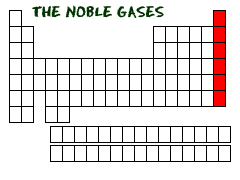When a Pew research poll discovered a shocking divide between self-identifying Republicans/GOP-leaning Independents and their Democratic Party opposites on the question of the value of higher education, the commentariat went apeshit. Here’s a brief rundown of sources, left, center, and right, and what they decided are the key issues:
- National Review: Higher education has eroded the Western canon and turned into a devious plot to rob our children of good thinking, spiked with avocado toast.
- Paul Krugman at New York Times: Conservative tribal identification leads to opposition to climate change science or evolution, and further towards a “grim” anti-intellectualism.
- New Republic: There is no evidence that college kid’s political views are changed by higher education and, also, that conservative-minded professors aren’t much maltreated on campus either, so the conservative complaints are just overblown anti-liberal hype that, they point out, has some very negative consequences.
I would make a slightly more radical claim than Krugman, for instance, and one that is pointedly opposed to Simonson at National Review. In higher education we see not just a dedication to science but an active program of criticizing and deconstructing ideas like the Western canon as central to higher thought. In history, great man theories have been broken down into smart and salient compartments that explore the many ways in which groups and individuals, genders and ideas, all were part of fashioning the present. These changes, largely late 20th century academic inventions, have broken up the monopolies on how concepts of law, order, governance, and the worth of people were once formulated. This must be anti-conservative in the pure sense that there is little to be conserved from older ideas, except as objects of critique.… Read the rest


